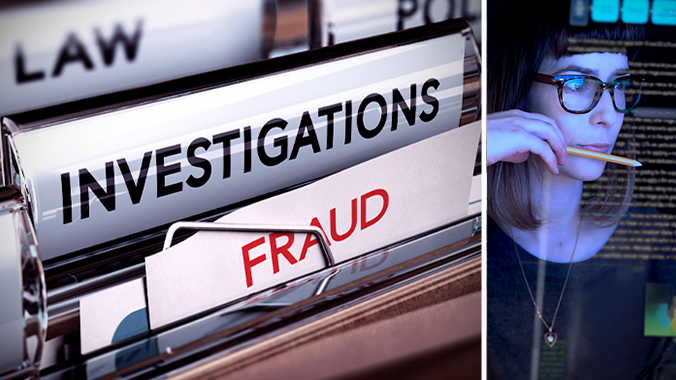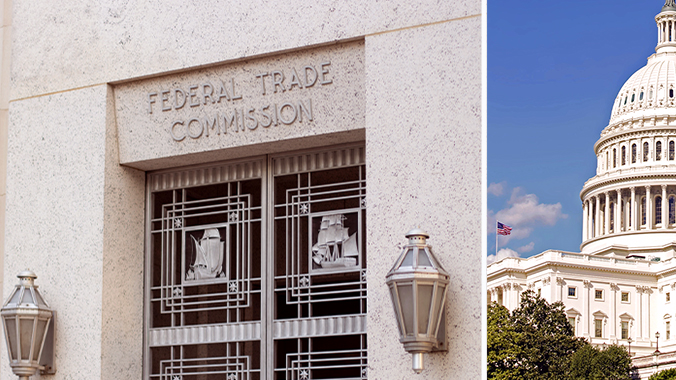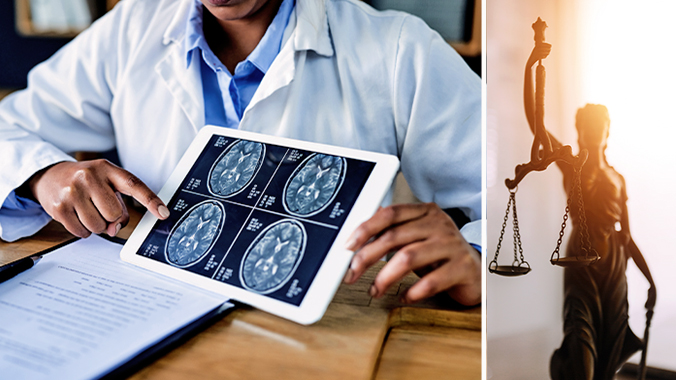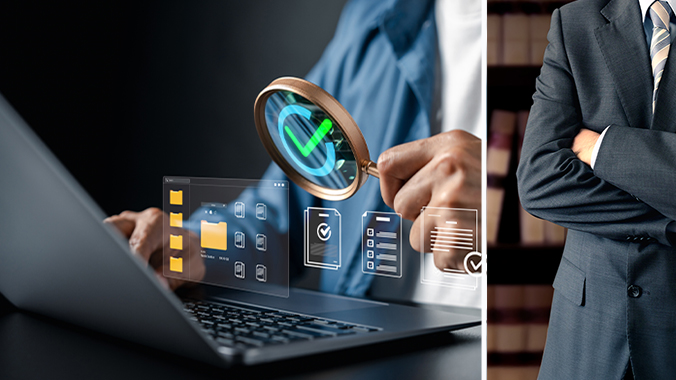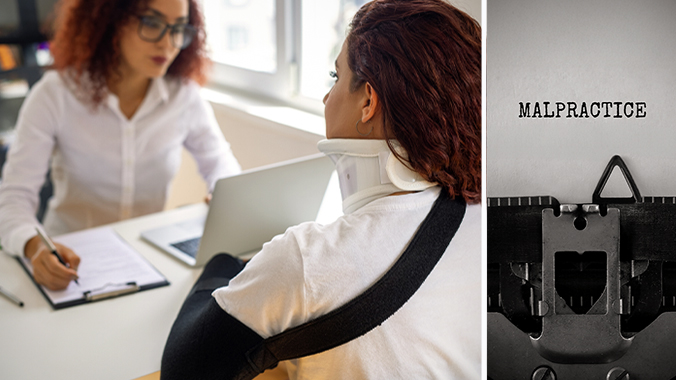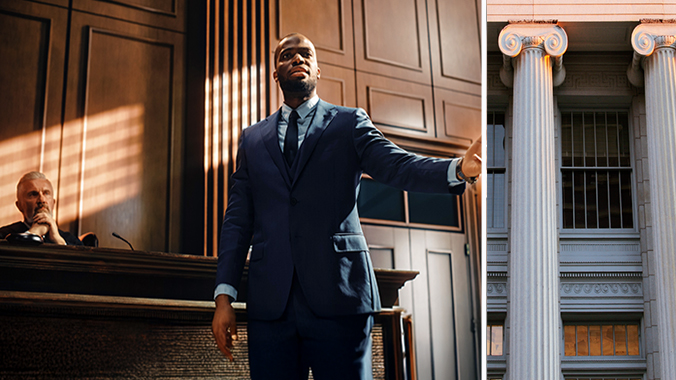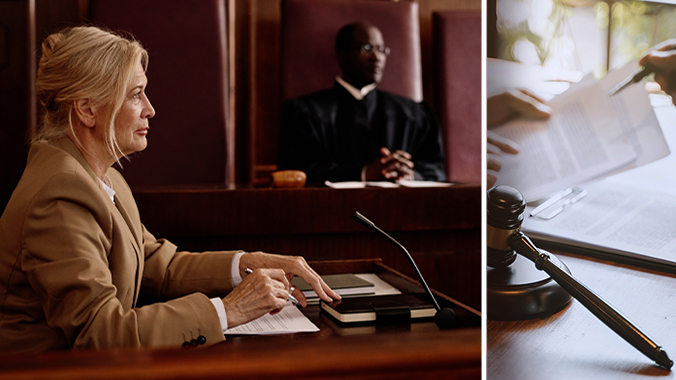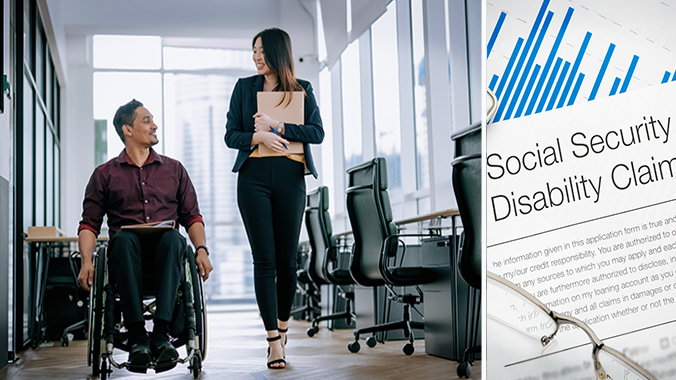Visual Evidence on Trial: Admissibility, Strategy, and Technology Under the New Rules

Scott G. Roder is a highly respected Executive Head and Evidence Specialist, with over 33 years of experience in forensic science, crime scene reconstruction, and the creation of forensic computer animations. With an unwavering dedication to truth and precision, Scott has become a leading authority in the field of crime scene analysis.

Professor Colin Miller is a nationally recognized authority on evidence law, with a particular focus on the evolving legal standards surrounding social media evidence in litigation. As a scholar and educator, he has written extensively on authentication, hearsay, character evidence, and the best evidence rule core doctrines increasingly tested by the rise of digital communication platforms.
2 hour CLE
Get this course, plus over 1,000+ live webinars.
Learn More
Program Summary
Session I - Illustrative and Demonstrative Aids Under the New Rules of Evidence – Colin Miller
This session will explore the admissibility of illustrative and demonstrative aids under amended Rule of Evidence 1006 and new Rule of Evidence 107. It will focus both of the development of demonstrative and illustrative aids such as accident reconstructions from the tech side as well as getting them into evidence under the applicable rules.
Key topics to be discussed:
- Technologies used to create illustrative and demonstrative aids
- The admissibility of illustrative and demonstrative aids under Rules 107 and 1006
- Complying with the expert evidence rules regarding illustrative and demonstrative aids
Session II - Forensic Animations & Demonstrative Exhibits: Admissibility, Issues, and Best Practices in State and Federal Courts – Scott G. Roder
This session focuses on critical topics in forensic animations and demonstrative evidence, offering practical insights for legal professionals. Key areas covered include the distinctions between forensic animations and demonstrative evidence, with examples such as crime scene reconstructions, medical malpractice, accident reconstructions, and police-involved shootings. The session explores the purpose and impact of these exhibits on jury comprehension. It also addresses common challenges, including balancing probative value with prejudice, handling methodological and technical difficulties, and strategies for effective cross-examination. Real-world case studies from the Evidence Room archives, including the Oscar Pistorius case and the Ray Tensing re-trial, provide an opportunity to discuss legal, ethical, and practical issues encountered in these types of cases. The session concludes with lessons learned and best practices for using forensic animations in court.
Key topics to be discussed:
- Forensic animations vs. demonstrative evidence
- Types of exhibits: Crime scene reconstructions, medical malpractice, accident reconstructions, police-involved shootings
- Balancing probative value and prejudice
- Methodological and technical challenges
- Cross-examination strategies
- Real-world case studies: Oscar Pistorius, Colleen McKernan, Ray Tensing
- Sample motions and briefs
This course is co-sponsored with myLawCLE.
![]() Closed-captioning available
Closed-captioning available
Speakers
 Scott G. Roder | Evidence Room, Animation & Exhibits
Scott G. Roder | Evidence Room, Animation & Exhibits
Scott G. Roder is a highly respected Executive Head and Evidence Specialist, with over 33 years of experience in forensic science, crime scene reconstruction, and the creation of forensic computer animations. With an unwavering dedication to truth and precision, Scott has become a leading authority in the field of crime scene analysis, bringing a multidisciplinary approach that integrates forensic science, ballistics, bloodstain pattern analysis, and shooting scene reconstruction.
A qualified expert witness, Scott has consulted on more than 1,500 cases since 2001, offering invaluable insights and expert testimony that have shaped high-profile investigations and trials, including the murder trial of Derek Chauvin and the case of Oscar Pistorius. His expertise in the analysis and reconstruction of crime scenes has proven instrumental in securing justice.
Scott’s meticulous attention to detail, analytical skills, and commitment to the pursuit of accuracy have made him a trusted advisor to law enforcement agencies, legal professionals, and forensic experts worldwide. As a professional trainer in crime and shooting scene reconstruction, he has further solidified his role as a key contributor to the advancement of forensic methodologies.
As an integral member of the Evidence Room team, Scott continues to lead and mentor the next generation of forensic experts, ensuring the highest standards of integrity and precision in all aspects of crime scene analysis and forensic investigation.
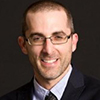 Colin Miller | Joseph F. Rice School of Law Professor
Colin Miller | Joseph F. Rice School of Law Professor
Colin Miller is a nationally recognized authority on evidence law, with a particular focus on the evolving legal standards surrounding social media evidence in litigation. As a scholar and educator, he has written extensively on authentication, hearsay, character evidence, and the best evidence rule core doctrines increasingly tested by the rise of digital communication platforms.
Professor Miller’s research and teaching explore how traditional evidentiary principles adapt in the face of modern challenges, including the admissibility of social media posts, digital authorship, and the impact of online content on character assessments and hearsay exceptions. He is frequently invited to speak at legal conferences, continuing legal education (CLE) programs, and law schools across the country, offering practical insights into navigating the complexities of digital evidence in the courtroom.
In addition to his academic work, Professor Miller is the creator of the widely read EvidenceProf Blog, where he analyzes recent case law developments involving social media and digital authentication. His ability to bridge theory and practice makes him a go-to resource for attorneys seeking guidance on the admissibility and strategic use of social media evidence in both civil and criminal cases.
Agenda
Session I – Illustrative and Demonstrative Aids Under the New Rules of Evidence | 2:00pm – 2:45pm
- Technologies used to create illustrative and demonstrative aids
- The admissibility of illustrative and demonstrative aids under Rules 107 and 1006
- Complying with the expert evidence rules regarding illustrative and demonstrative aids
Break | 2:45pm – 2:55pm
Session II – Forensic Animations & Demonstrative Exhibits: Admissibility, Issues, and Best Practices in State and Federal Courts | 2:55pm – 4:20pm
- Forensic animations vs. demonstrative evidence
- Types of exhibits: Crime scene reconstructions, medical malpractice, accident reconstructions, police-involved shootings
- Balancing probative value and prejudice
Break | 3:40pm – 3:50pm
- Methodological and technical challenges
- Cross-examination strategies
- Real-world case studies: Oscar Pistorius, Colleen McKernan, Ray Tensing
- Sample motions and briefs
Preview
More CLE Webinars
Trending CLE Webinars


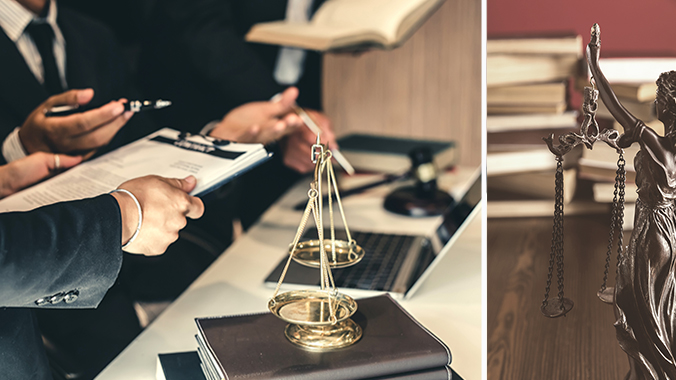


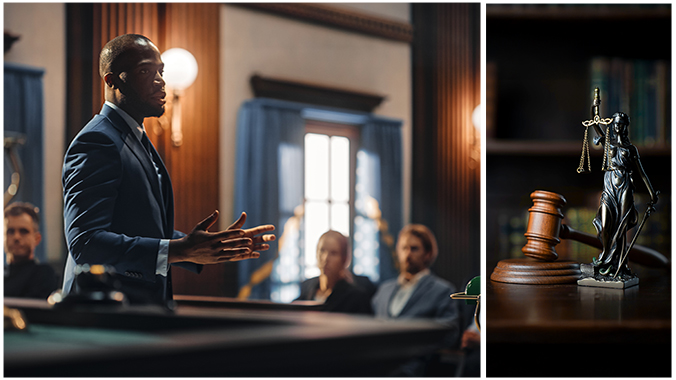
Upcoming CLE Webinars


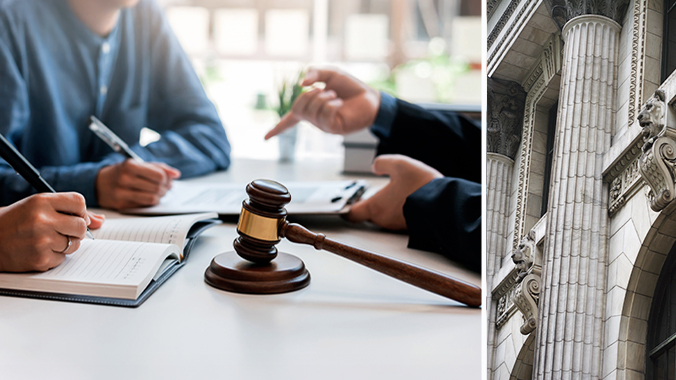
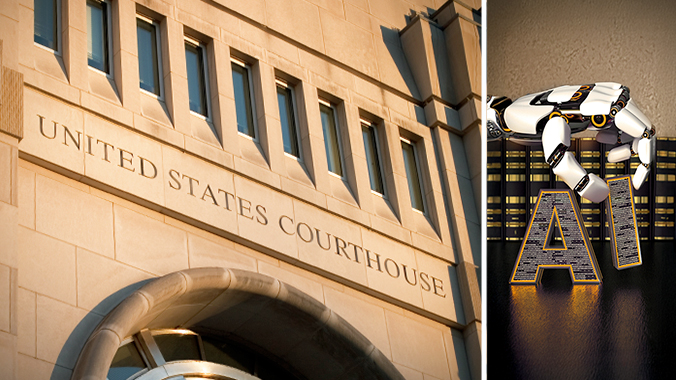


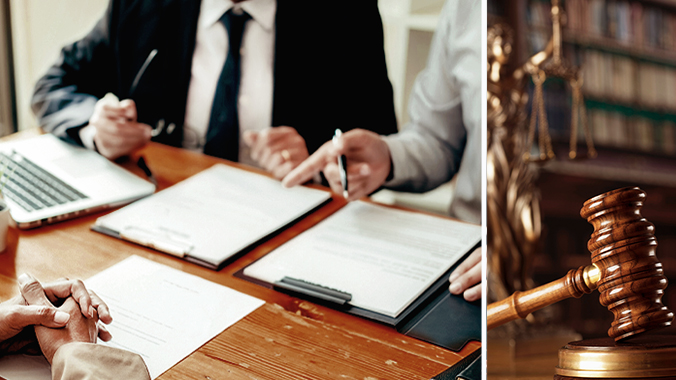
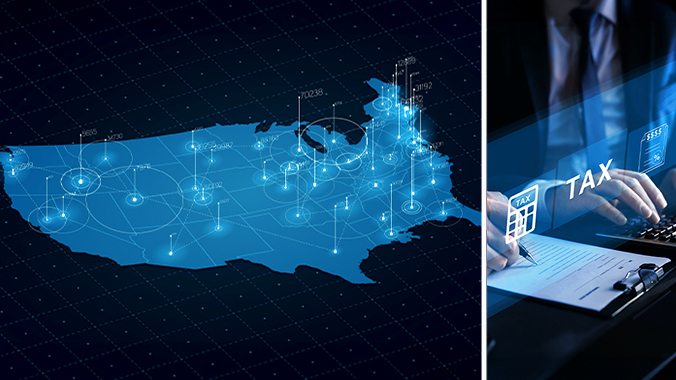
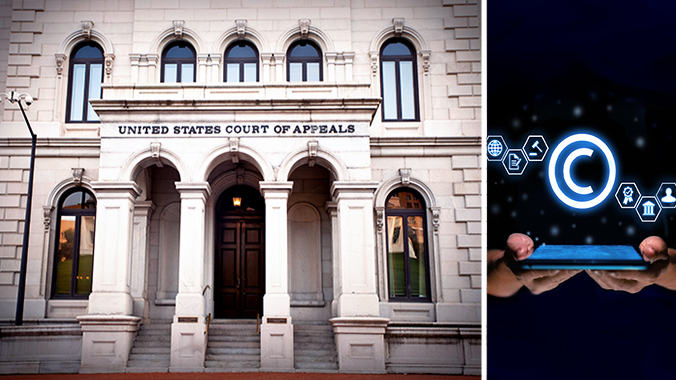

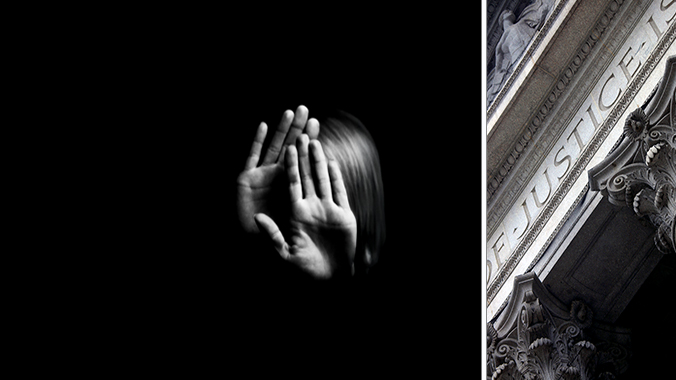







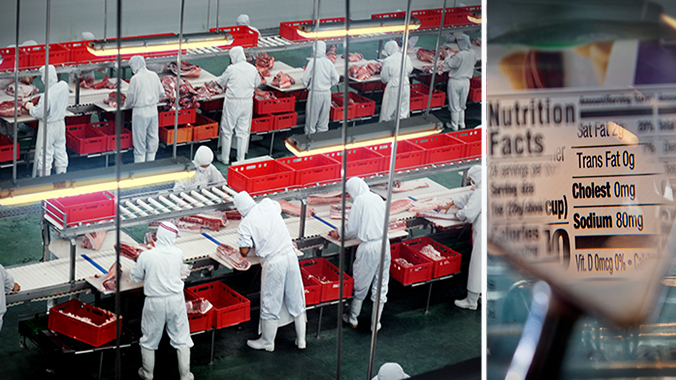


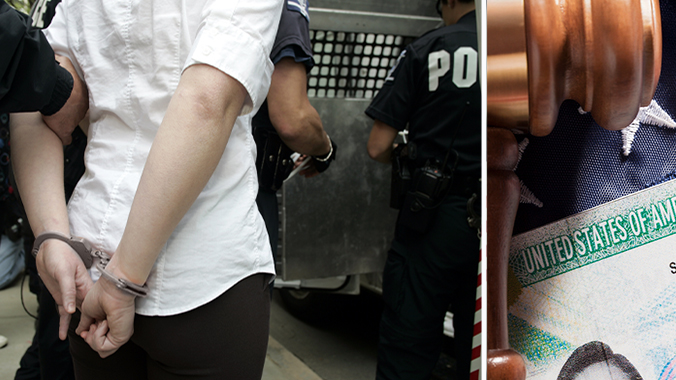

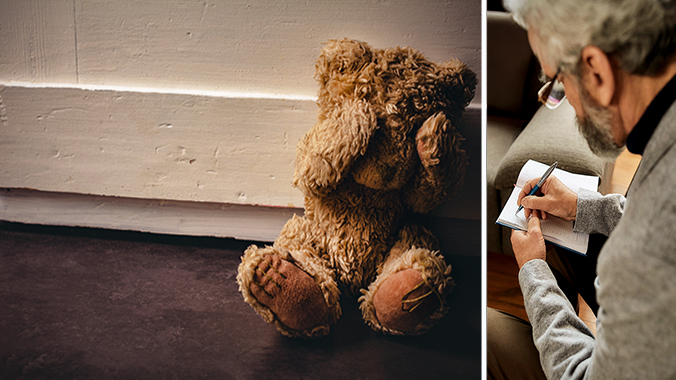
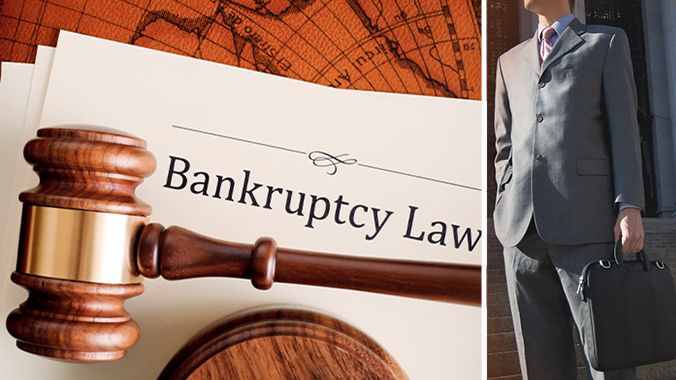
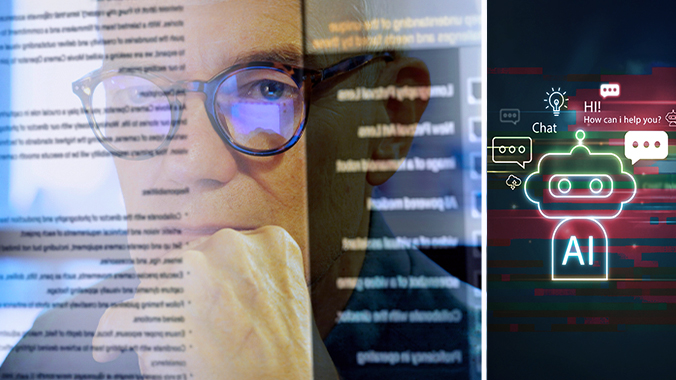

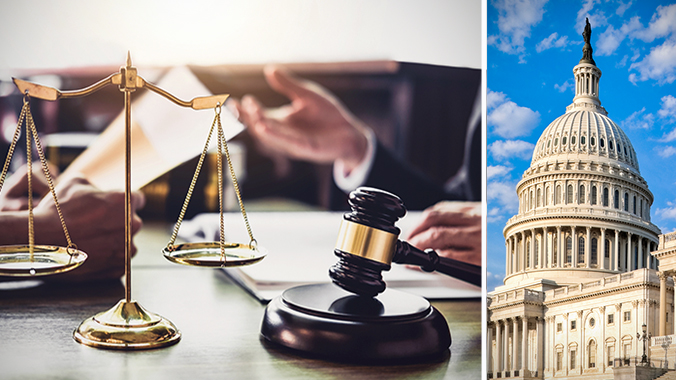
![5th Annual Tax Rep Summit [3-Day Event] (Presented by Tax Rep)](https://abovethelawmcle.com/wp-content/uploads/2025/10/Product_img_-5th-Annual-Tax-Rep-Summit.jpg)
